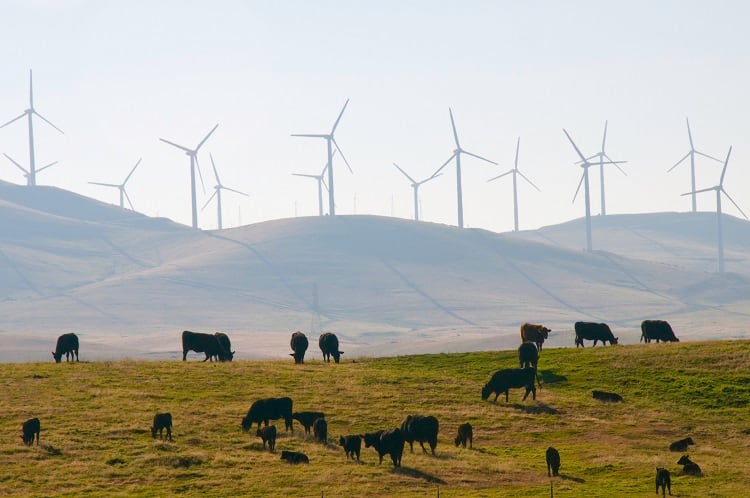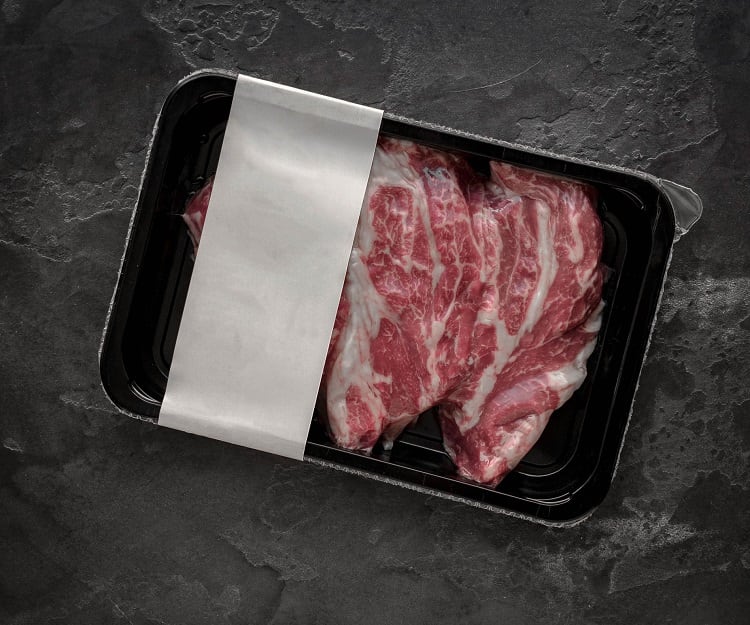The company is working to grow meat directly from animal cells in bioreactors, producing animal protein without the need to raise animals.
The biotech start-up has secured a total investment of £1m. This consists of a grant from Government innovation support body UK Research and Innovation (UKRI) under the Transforming Food Production programme. Roslin has also secured investment led by the British Innovation Fund.
Cultivated meat and UK food’s 2040 net zero goal
The announcement comes amid the COP26 meeting in Glasgow, where EU and US leaders this week announced plans to lower emissions of greenhouse gas methane. Animal rearing is a significant contributor to methane released into the atmosphere and the increased use of cultivated meat could help reduce emissions, the biotech company believes.
The UK Government’s Transforming Food Production programme is part of UKRI’s plans to help steer food production towards net zero emissions by 2040. The programme intends to make food production more efficient, resilient and sustainable.
The grant awarded to Roslin Technologies highlights the ‘transformative potential’ of cultivated meats and recognises the company’s potential to turn scientific advancements into a scalable business opportunity, according to UKRI.
“To gain funding in a project like this you have to have the knowledge and the potential to turn it into a realistic and successful business proposition,” UKRI Challenge Director for Transforming Food Production Katrina Hayter said.
“We believe developing cultivated meat is one of the most significant advances that we can make, as a country and as a planet, to tackle the scourge of food shortages and climate change.”
Cash for commercialisation
Roslin Technologies said the money will be invested in a programme to further develop and commercialise the company’s ‘ground-breaking’ pluripotent stem cell lines to help food companies around the world produce cultivated meat.
The company is using its advanced cell technology to work with partners around the world to enable cultivated meat to reach consumer markets faster.
The company believes its technology helps address a significant challenge faced in cultivated meat. While the technology is developing rapidly in this area, production costs are still very high and not optimised for large scale production. Roslin Technologies' cells have been shown to replicate indefinitely and without the deterioration that other cell types demonstrate, thereby making them very suitable for large scale, and more efficient production.
"Roslin Tech is at the stage of turning its ground-breaking stem cell innovations into a commercially exploitable proposition for the global cultivated meat sector. We are delighted that UK government has recognised us as a British world leader in this area and support us in our vision to make cultivated meat affordable and available around the world,” programme coordinator and Roslin Technologies’ Chief Scientific Officer Prof. Jacqui Matthews said.
Roslin Technologies, which has pig cell lines on offer for cultivated meat producers, plans to further optimise the pig cell lines and develop new cell lines from cattle and sheep.
Roslin Technologies plans to use this investment as a springboard for its series A investment round commencing October 2021 which will help fund the next wave of innovation in cells for the industry.
Roslin Technologies CEO Ernst van Orsouw said: "There's something to be said for being at the right place at the right time in business – our novel cell technology is the way the world can help overcome some of the most important challenges it faces, particularly in relation to sustainability and climate change. We are engaging with cultivated meat producers globally to drive adoption.”




